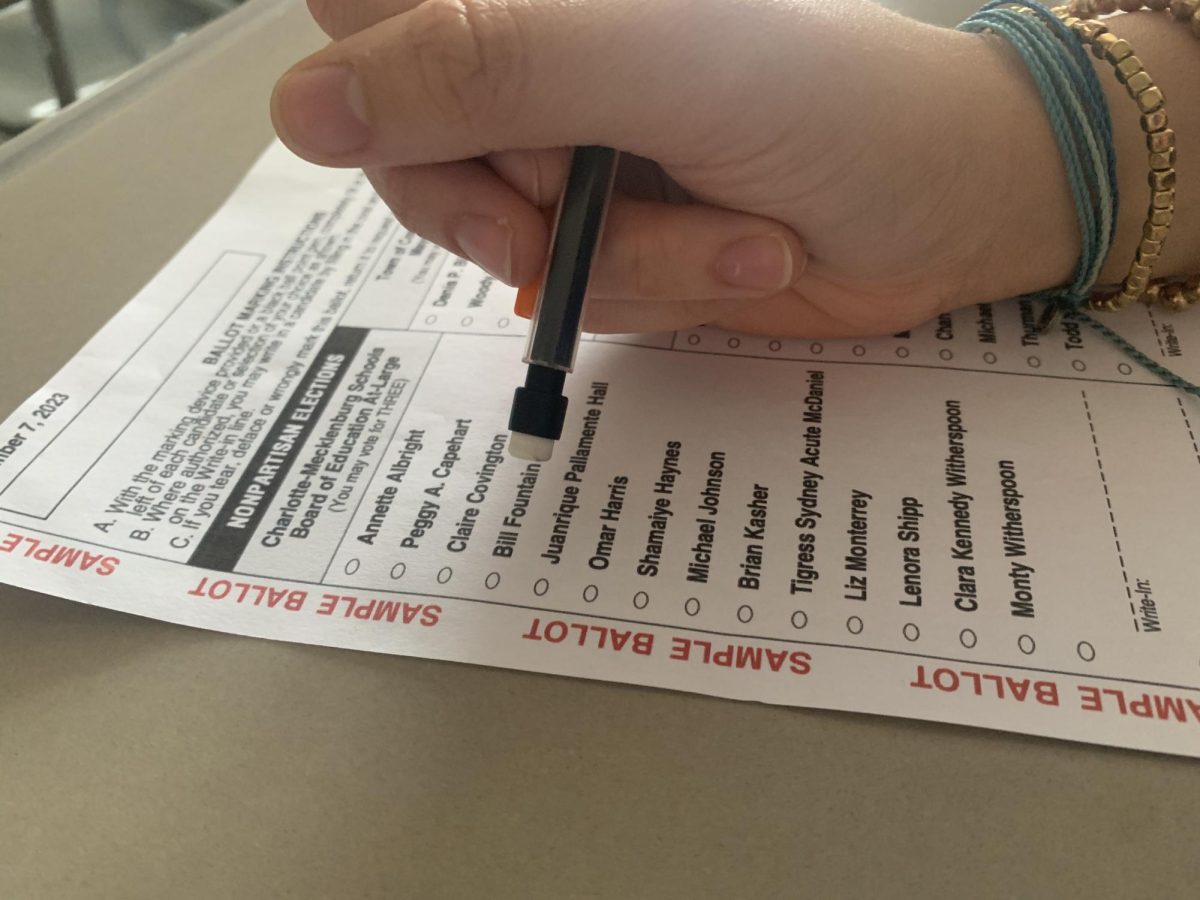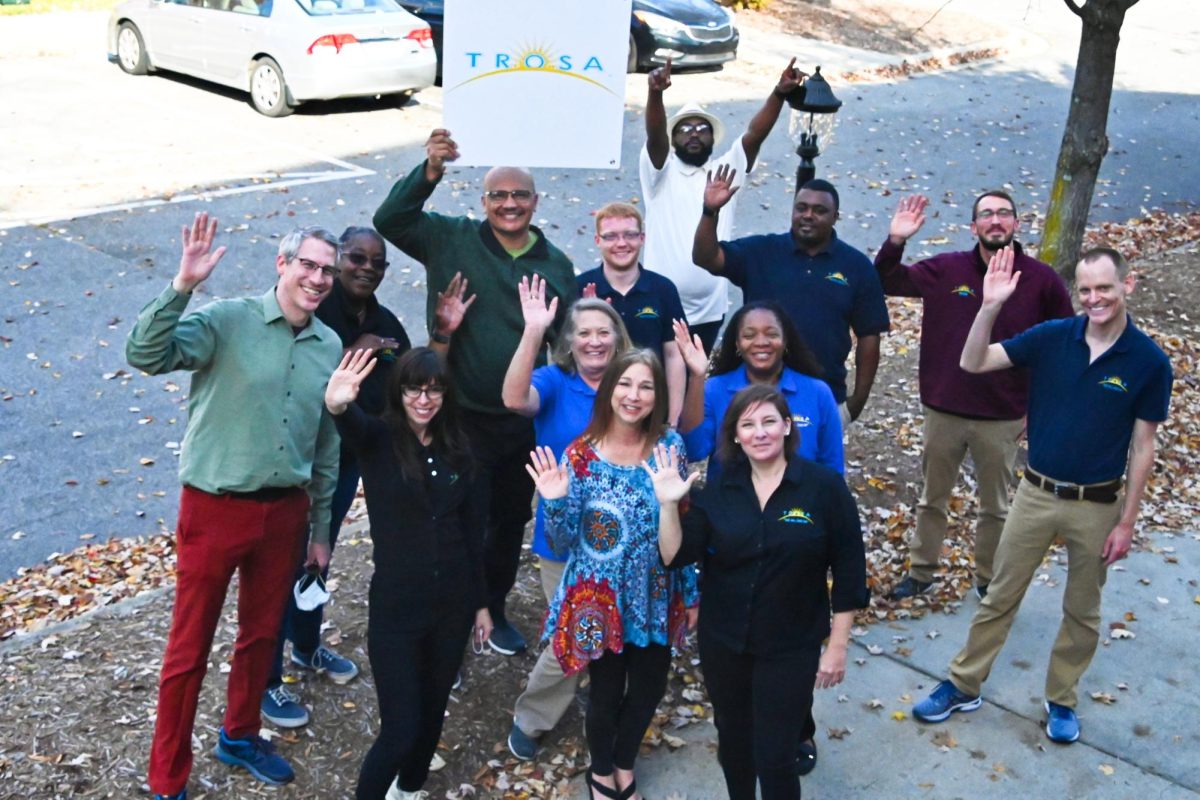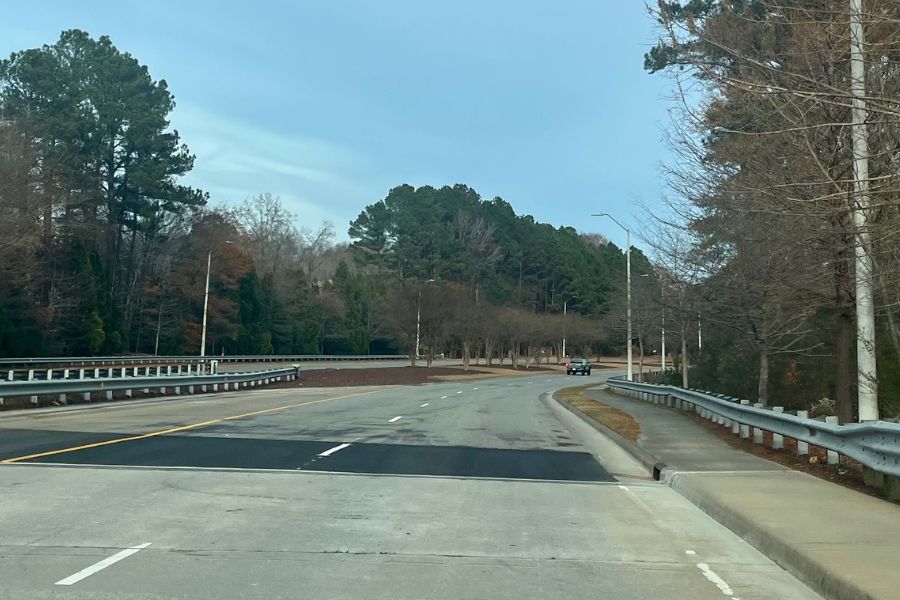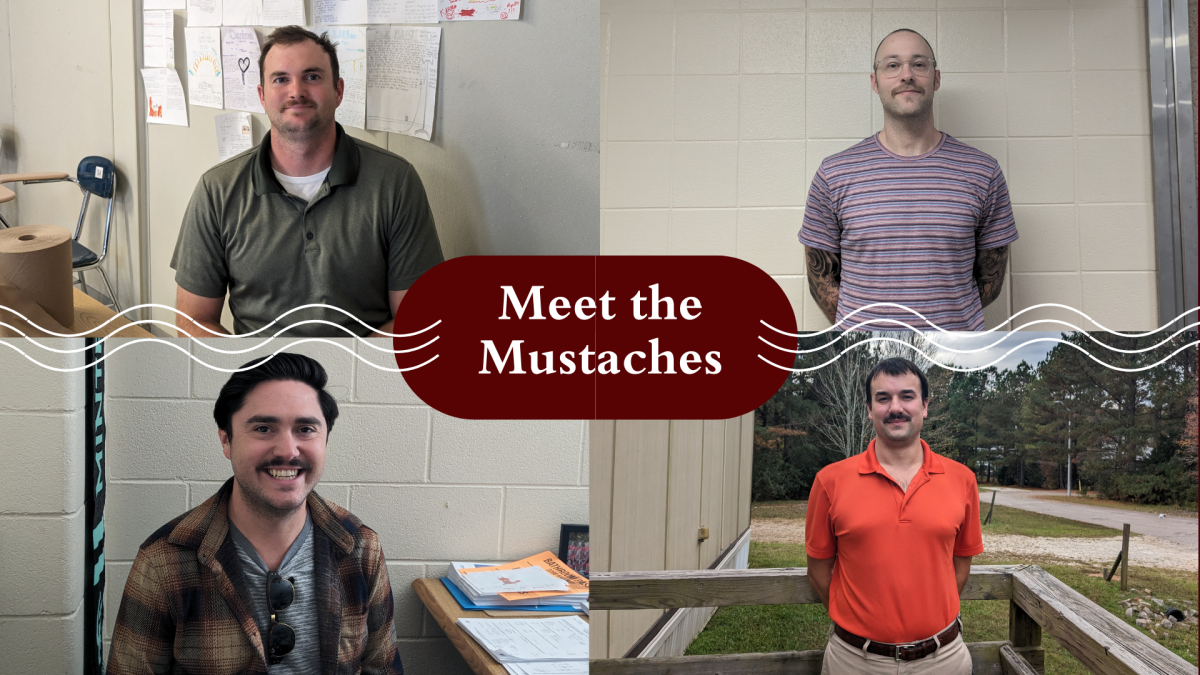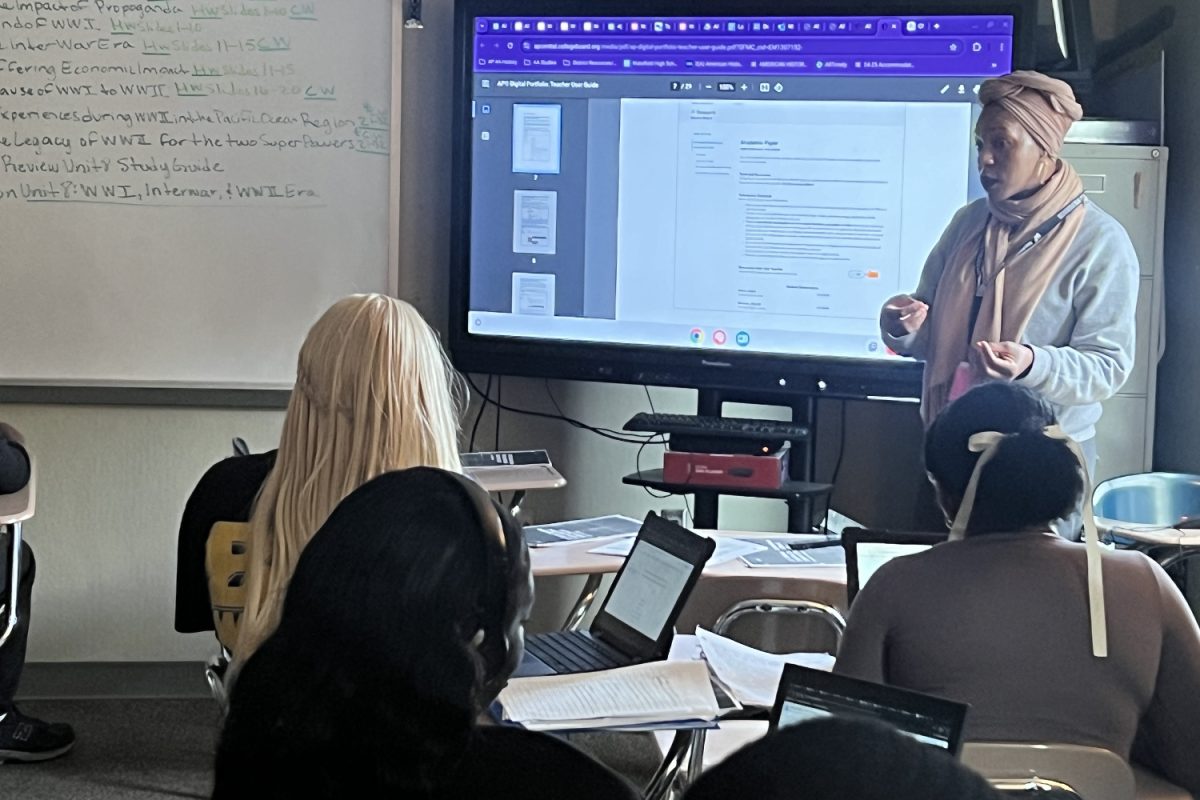As media coverage of local elections increases and each party works to garner support for their candidate, it is incredibly important for high school students to take an active role in local politics. Two starkly different candidates are squaring up for a close NC governor’s race this November: Democrat Josh Stein, current attorney general, and Republican Mark Robinson, current lieutenant governor. This election will be the first time many of our current high school seniors can vote, but choosing which candidate to support can often feel daunting. Since the primary election is over —aside from a few run-off elections being held on May 14— the process of researching candidates will be simplified for voters, as only one will be running from each party.
Alongside researching candidates, getting out and voting is more important now than ever. While this fact has always held true, it’s important now more than ever to vote and ensure voter’s voices are heard. AP United States Government teacher Joseph Williams affirms the importance of making sure everyone’s voice is heard to his students.
“I even say this in class, if you ever get to a point where you’re like, why are we having such bad candidates in general elections, it’s because no one is showing up in the primary elections,” Williams said. “To make actual change you need to get [out] and vote.”
One issue these two potential governors handle differently is tackling public school safety. Matt Mercer, communications director of North Carolina’s Republican Party, has important insight into Mark Robinson’s plan to increase security at public high schools.
“[Robinson] has definitely talked a lot about beefing up security measures,” Mercer said. “That can also involve the addition of resource officers in [public] schools.”
Attorney General Stein had a different approach when asked about this issue, noting the necessity of more stringent background checks. Stein also emphasized the role that youth mental health resources can play in increasing school safety.
“If we have more professionals in the schools working with kids who are struggling with their mental health, that can serve as an early intervention and potential prevention tool to keep kids from cracking,” Stein said. “We should not be allowing young people to buy these very dangerous weapons.”
While increasing school safety may seem like a no-brainer for candidates to support, these politicians have very different ideas about how to take action. Controversial ssues like gun control illustrate the importance of thoroughly researching candidates’ platforms and past stances on issues.
Media can expose us to different perspectives and information about candidates, but can also create a more polarized political climate. Lance Atkinson, an AP Government and Politics teacher at Wakefield, has seen this polarization continue to grow throughout his time teaching, mainly thanks to changes in the political landscape.
“Polarization has definitely had a big impact over the past 20 years,” Atkinson said. “I would say global issues and societal issues that are just coming to the forefront have just led to the polarization of the political parties, especially in a two-party system.”
As seen by the increasing polarization of recent elections, more candidates seem to align with strong liberal or conservative ideals, and our local governor’s race is no exception. Lt. Gov. Robinson, a very conservative candidate for governor, has made several controversial comments regarding women that have gone viral online. When asked how these comments could affect Robinson’s popularity with younger voters, Mercer emphasized his unconventional career path before running for office.
“They’re not necessarily things that I would have said, but you’re looking at someone who never had the goal of running for governor in his life,” Mercer said.
Mercer seems to echo a familiar political sentiment when speaking about Robinson’s past comments, likening him to an “outsider,” instead of a career politician. Considering a candidate’s individual background, platform, and past comments are all ways that voters can get a clearer view of their representatives’ values. Wakefield senior Chris Johnson realized the importance of getting the full picture when researching candidates for North Carolina’s primary election this March.
“For these smaller races, I feel like it’s much more important to see the [candidate] individually,” Johnson said. “Parties matter a lot less on the smaller scale.”
Whether you decide on candidates primarily based on their platform or individual values, both play an important role in the election process, and researching candidates to discover this information is always better than blindly trusting political ads or social media posts. Politicians are modernizing their campaign strategies to target a younger generation, and perfecting their online personas to appeal to wider audiences. When asked about the media’s influence on recent elections, Williams noted the often artificially polished nature of candidates’ online presence.
“That’s the side of themselves that they want to show people,” Williams said. “Voting is how you make your voice heard.”
North Carolina’s primary election occurred this past March, and the general election will be held on Nov. 7. The voter registration deadline for November’s general election is Oct. 11. It’s easy to register to vote online, and you can also register at the DMV while getting your license. No matter which party you vote for, being an informed voter is incredibly important, especially as a high schooler with a unique opportunity to express your opinion.
“You have just as much to say as anyone else,” Mercer said. “That’s something to both appreciate and take seriously.”




